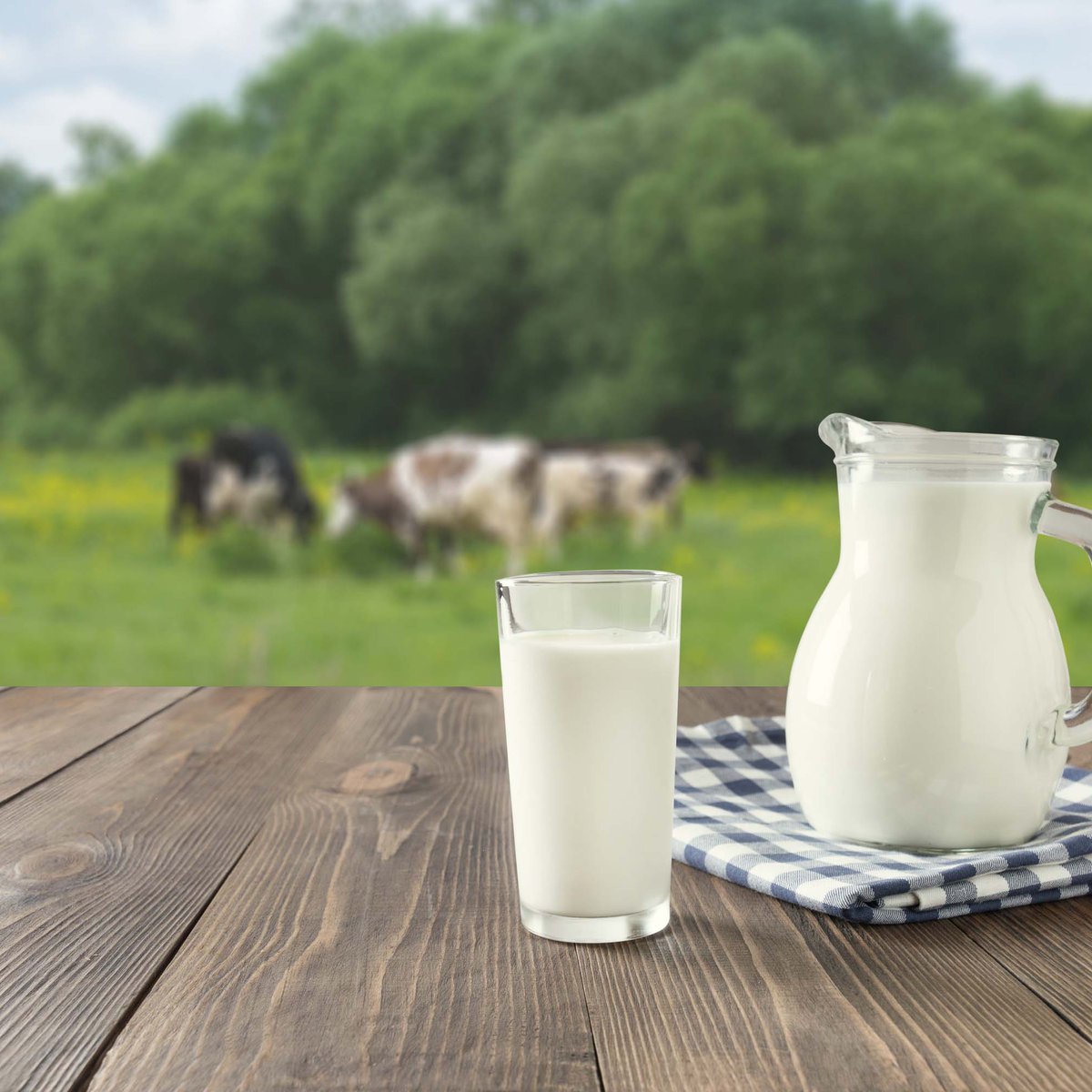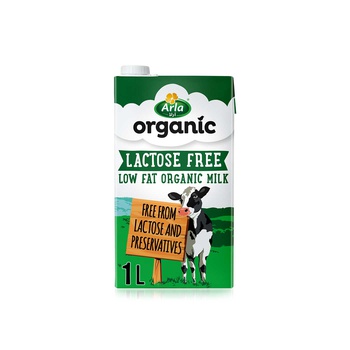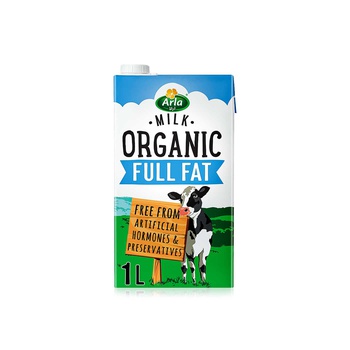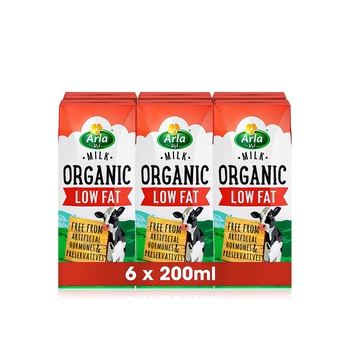We talk organic and lactose free milk with Arla Foods' Karim Farid
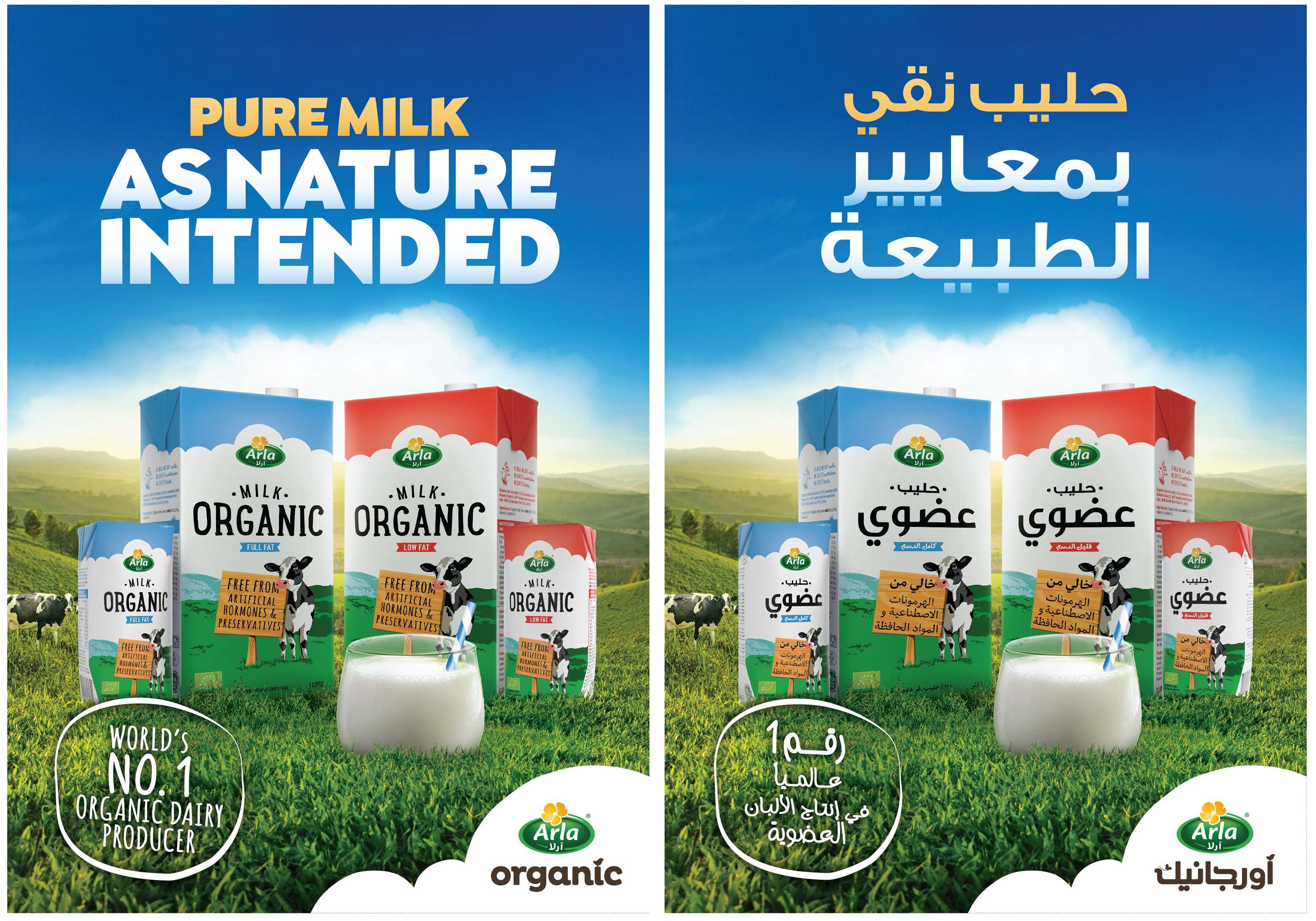
The milk man
The milk man
Hi Karim, can you tell the Spinneys reader a little about yourself and Arla Foods?
I am a travel enthusiast, tennis fanatic and food lover with a passion for baking and creating unforgettable gastronomic experiences. I’ve been with Arla Foods for six years now, where I am currently responsible for the Arla Organic brand and the milk and yoghurt categories in the Middle East – from strategy development to product innovation and creative execution. Arla Foods is the world’s largest organic dairy producer, and a cooperative, owned by more than 12,500 dairy farmers from the UK, Germany, Belgium, Denmark, Sweden, Luxemburg and the Netherlands. Our philosophy of producing natural, healthy and high-quality dairy products dates back to the 1880s when dairy farmers in Denmark and Sweden joined forces with one common goal: to produce and provide the best dairy products. Because we are farmer-owned, all of our earnings go back to our farmer-owners. This means that when people buy our products, the money is split equally between each litre of milk that our owners supply.
When was Arla Foods Middle East founded?
Arla Foods history in the Middle East has been long and fruitful with many challenges and successes along the way. The journey began with traditional export in 1950, followed by local representation, distribution and partnerships, to setting up a regional office for Middle East & Africa in 2008.
Arla is ‘farmer owned’, how does that influence the final product?
Because we are owned by the same farmers who produce most of our milk, we have full control of the milk’s journey from our cows to you. Every single step of the way is recorded and can be traced. Using this tracing system, we ensure that you always get the best, pure and tasty milk.
Is Arla dairy locally produced?
Arla Organic milk comes from our farmer-owned organic farms and dairies across Europe including the UK, Germany, Belgium, Denmark, Sweden, Luxembourg and the Netherlands. The majority of Arla organic milk in the UAE comes from farms in Denmark where it is safely UHT treated, packed and shipped.
How does Arla ensure the well-being of its cows?
In line with European standards, Arla farmers do not give hormones to their cows to increase the amount of milk they produce. The cows do fine on their own, and when they’re well fed and looked after, they will each produce 25-30 litres of high quality, nutritious milk every day. Our cows are free range cows, meaning that they have acres of lush green fields to call home.
What steps does Arla take to reduce climate impact and increase resource efficiency?
We strive to build a better future for generations to come and we believe that protecting the environment is essential. We are constantly taking steps to achieve our goals, from reducing CO2e emissions on our farms and supporting natural eco-systems, to reducing waste in our operations and bringing our customers the goodness of dairy through nutritious products and education programmes. It’s also important to mention that the majority of the feed used by Arla farmers is produced by the farmers themselves. This requires less transport and reduces the amount of third party feeds that are imported. In turn, this reduces our carbon footprint. When our farmers produce their own cows’ feed, they know and control its quality to ensure sustainable, consistent, high-quality milk production.
What makes Arla milk so delicious?
As a farmer-owned company, we are committed to high standards of animal welfare, product quality and food safety. Our quality programme is called Arlagården®. It gives us a long-term perspective for farm management and is our way of ensuring the quality of the products you enjoy. The program includes checking the cows daily to make sure they are healthy and in good condition and working closely with farmers to help them achieve high milk quality. We ensure our dairy products are crafted with quality and natural ingredients in an environmentally-friendly way.
Please tell us about the Arla range.
Every glass of Arla organic milk from free-range cows is full of natural goodness for the whole family to enjoy. Arla Organic milk is not only tasty, it’s also naturally rich in vitamins, minerals and protein. We have a range of products that the whole family can enjoy: full-fat and low-fat plain organic milk, chocolate and strawberry flavoured organic milk that your kids can enjoy as well as lactose-free organic milk in case you are lactose-intolerant.
What are the processes involved in making Arla’s organic milk?
As the world’s largest producer of organic dairy, we guarantee that you always get 100% pure organic milk of the highest quality from our happy cows. Unlike conventional farming, our cows graze on lush green grass and are fed on a 100% organic diet. Our organic milk complies fully with controlled organic standards and our system of farming encourages wildlife by avoiding the use of any manufactured chemical sprays, fertilisers or herbicides. When you purchase Arla Organic Milk you can be confident that is has been produced in accordance with strict environment and animal welfare rules.
How do you create the organic lactose-free products?
Arla Organic Lactose Free low fat milk is free from lactose and easier on digestion, so you can enjoy the benefits of milk without any discomfort. Arla Organic Lactose Free Milk is made following a simple and unique two-step process that removes the lactose, while keeping all the nutrients and great taste of milk. First, we carefully filter the milk to naturally remove around half of the lactose. In order to break down the last of the lactose, we then add lactase to the milk. With this process we preserve all the good things in the milk, so you can feel good inside and out. Since the natural lactose in our milk has been split into glucose and galactose, our Arla Organic Lactose Free Milk will taste slightly sweeter.
What’s next for Arla?
There’s a lot more to come from us, and we cannot wait to share it all with you. We are continuously looking to bring new exciting products filled with goodness for the whole family. We also have a strong sustainability agenda that we are striving towards. First of all, we want our packaging to be fully circular by 2030. In addition, in our own dairies, we work constantly to optimise production while minimising waste through intelligent technology and close collaboration with customers and suppliers. Our efforts reduced food waste in our production sites by 27% (2015-2019). Today, 33% of our power comes from renewable energy sources, and we have switched entirely from fossil fuels to renewable fuels for all of our trucks in Sweden. We have a 2030 target of reducing carbon emission by 30%, which means that together with our farmer-owners, we are tripling the speed of this reduction from 1% a year since 1990 to 3% a year from 2020 to 2030. We know that there is more to be done, and we are ready to face the challenges the future brings. We believe that the actions we take today will support a Stronger Planet and enable Stronger People for years to come.

